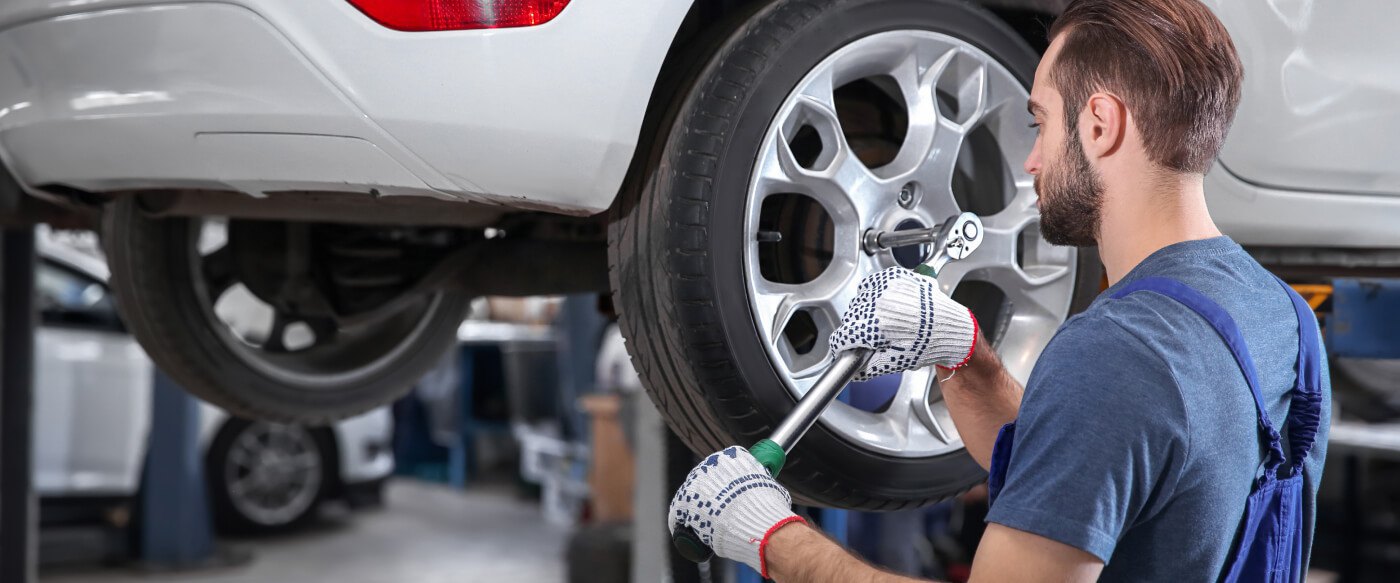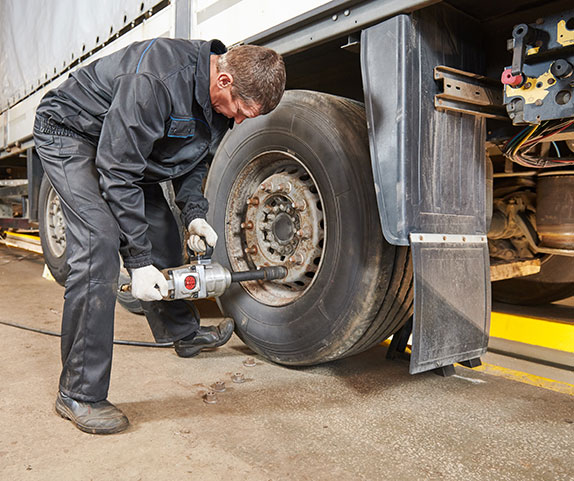Raise Your Trip: Count On Morris Tires for GMC Tires Service
Raise Your Trip: Count On Morris Tires for GMC Tires Service
Blog Article
Tire Solution: The Impact of Weather Condition Problems
When it comes to guaranteeing optimum efficiency and safety when driving, comprehending the influence of weather on tire solution is important. From scorching heat to icy roadways, each climate component can substantially influence tire capability and total driving experience. By delving right into the effects of varying weather on tires, drivers can get useful insights that may improve their lorry's performance and longevity. In this conversation, we will certainly check out the detailed partnership between weather conditions and tire service, clarifying the relevance of weather-specific tire maintenance methods and factors to consider.
Heat and Tire Efficiency
When subjected to heats, tires experience adjustments in performance that can considerably affect lorry safety and security and handling. The warm generated from long term driving or heat problems causes the tire rubber to soften, resulting in minimized step life and increased wear. As the rubber becomes softer, the tire's grasp when traveling diminishes, affecting stopping distances and overall grip. In severe situations, excessive warm can also cause tire blowouts, posturing an extreme safety and security threat to the car and its owners.

Winter Impacts
Winter problems can have a significant effect on tire efficiency and security. As temperatures drop, tire rubber can set, bring about lowered grip on icy or snow-covered roadways. In cool climate, tires might likewise shed atmospheric pressure more swiftly, which can impact handling and gas efficiency. Additionally, cold temperatures can trigger tire sidewalls to tense, enhancing the danger of damage from splits or various other roadway threats.
To alleviate the results of cold weather on tires, it is critical to on a regular basis examine tire pressure and inflate them to the supplier's advised levels. Using winter months or all-season tires designed for cool weather problems can likewise enhance grip and grasp on icy or snowy roadways. Appropriate tire upkeep, consisting of normal examinations for wear and damages, ends up being even extra crucial during cooler months to ensure optimal efficiency and security.
Rainy Issues Effect
Tires with damaged treads are much more vulnerable to hydroplaning, where a layer of water builds up between the road and the tire surface, leading to loss of grip. To battle this, drivers ought to routinely evaluate their tires for adequate walk depth and consider spending in tires especially created for wet problems.
In addition, rainy weather can additionally decrease visibility, making it testing for chauffeurs to see the roadway in advance clearly (GMC Tire Service). In such problems, it is necessary to adjust driving speeds appropriately and preserve a risk-free following range to enable for abrupt quits. Properly filled with air tires can additionally help in keeping control on damp roadways by giving much better handling and grasp
Snow and Tire Security
Snow-covered roadways posture one-of-a-kind obstacles for drivers, highlighting the importance of appropriate tire choice and maintenance. When driving in snowy conditions, having the right tires can make a significant difference in safety and performance. Winter season tires are made with special rubber compounds and tread patterns to give better grip on snow and ice compared to all-season tires. The much deeper visit the site treads and sipes of winter months tires assist hold the roadway much better, lowering the risk of gliding and sliding.

It is important to follow supplier directions when setting up and original site utilizing tire chains to stop damages to the tires and automobile. By choosing the ideal tires, preserving proper rising cost of living, and considering added grip help like tire chains, motorists can boost their safety and security when navigating snow-covered roadways.
Weather-Related Tire Maintenance
Weather-related tire maintenance encompasses an array of techniques aimed at making sure optimum tire function and durability in different climate scenarios. One essential facet of weather-related tire maintenance is tire pressure policy. Evaluating tire walk on a regular basis and changing tires when tread wear gets to a particular depth is essential for keeping grip and stability in adverse weather condition.
Final Thought
In final thought, weather condition conditions have a considerable effect on tire efficiency and security. From heat influencing tire pressure and use to chilly weather condition reducing traction, it is important to consider the climate when keeping and utilizing tires.
In this discussion, we will check out the intricate partnership between weather condition problems and tire solution, losing light on the value of weather-specific tire upkeep methods and considerations.

Report this page